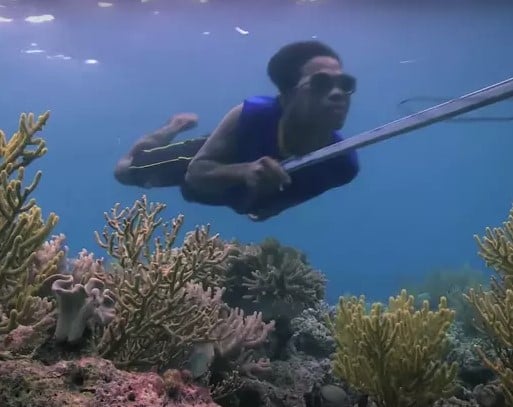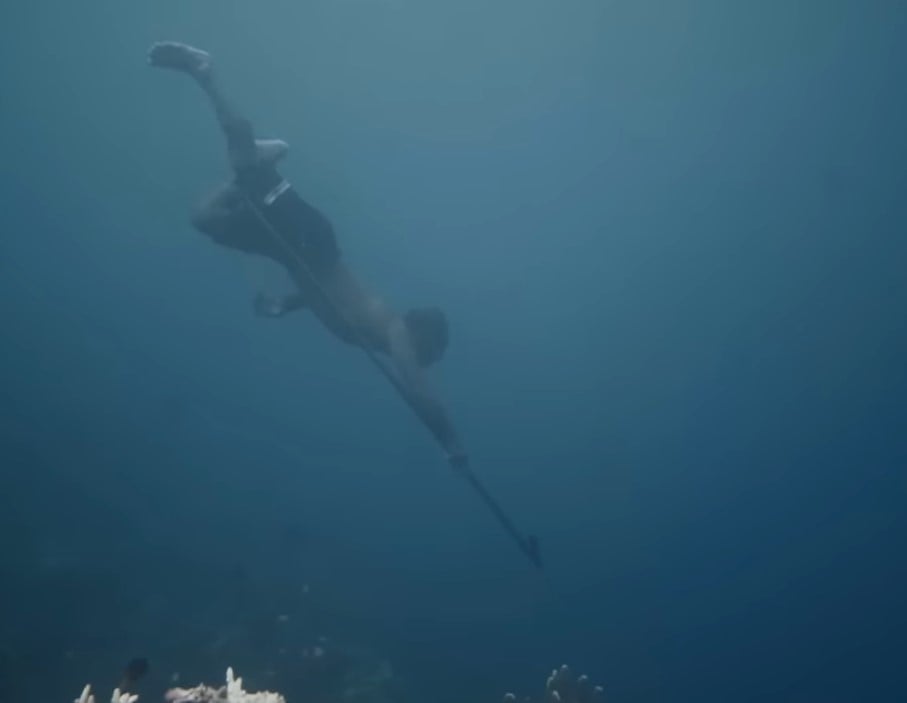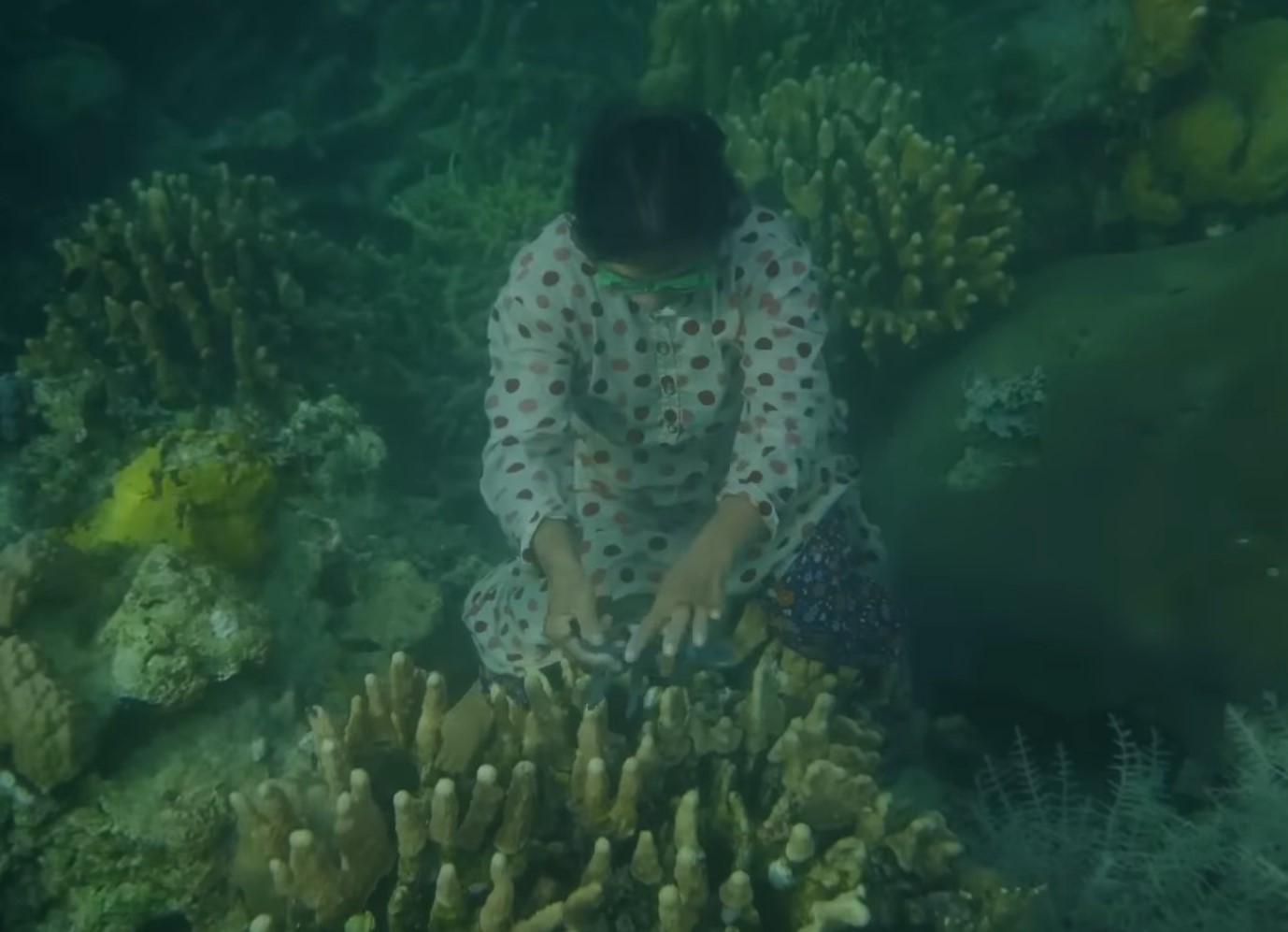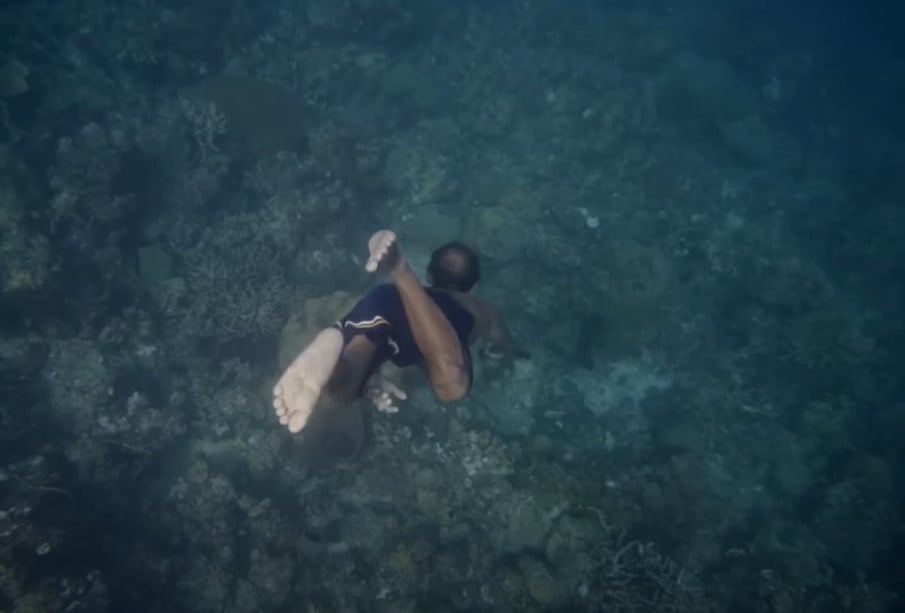It has now been established that the tribe has the genetic make-up necessary for them to lead a highly aquatic lifestyle.
For almost 1,000 years, the Banjau people have resided along Indonesia's coasts, living on houseboats and spending a significant amount of time in the ocean.

They also have excellent spearfishing and freediving skills. It goes without saying that Banjau people have exceptional lung capacities and are proficient swimmers.
The Bajau started freediving at a very young age; some could dive when they were just 4.
With only a set of weights and a pair of wooden goggles, tribal members may dive up to 230 feet for more than 10 minutes.
Melissa Ilado, from Cambridge University, leaves people amazed when states that: "They dive repeatedly for eight hours a day, spending about 60 percent of their time underwater."

Not only do Bajau people have special diving skills, but they also possess a special genetic mutation called the "sea nomad gene" that contributes to their ability to dive, which are exceptionally huge spleens!
When a body is submerged in water, the human dive reaction begins, and the spleen is important to this response.
The spleen contracts in reaction, introducing oxygenated red blood cells into the bloodstream and increasing blood oxygen levels by up to 9% in an individual.
Therefore, it would seem logical that a larger spleen would confer a genetic advantage for Banjau people in terms of the ability to hold their breath and swim underwater.

Dr. Ilardo said: "There’s not a lot of information out there about human spleens in terms of physiology and genetics, but we know that deep diving seals, like the Weddell seal, have disproportionately large spleens.
"I thought that if selection acted on the seals to give them larger spleens, it could potentially do the same in humans."
She added: "We believe that in the Bajau they have an adaptation that increases thyroid hormone levels and therefore increases their spleen size.
"It’s been shown in mice that thyroid hormones and spleen size are connected. If you genetically alter mice to have an absence of the thyroid hormone T4, their spleen size is drastically reduced, but this effect is reversible with an injection of T4."

The duration of the Banjau people's underwater stay is unknown because they do not participate in competitive diving. Some tribe members, though, anecdotally assert that they have spent up to 13 minutes underwater.
Unfortunately, these sea nomads' way of life is currently endangered.
Their food source has been greatly reduced by commercial fishing, and their nomadic lifestyle makes it difficult for them to obtain citizenship.
All the same, it is incredibly amazing that these great individuals provide live proof of natural selection.






